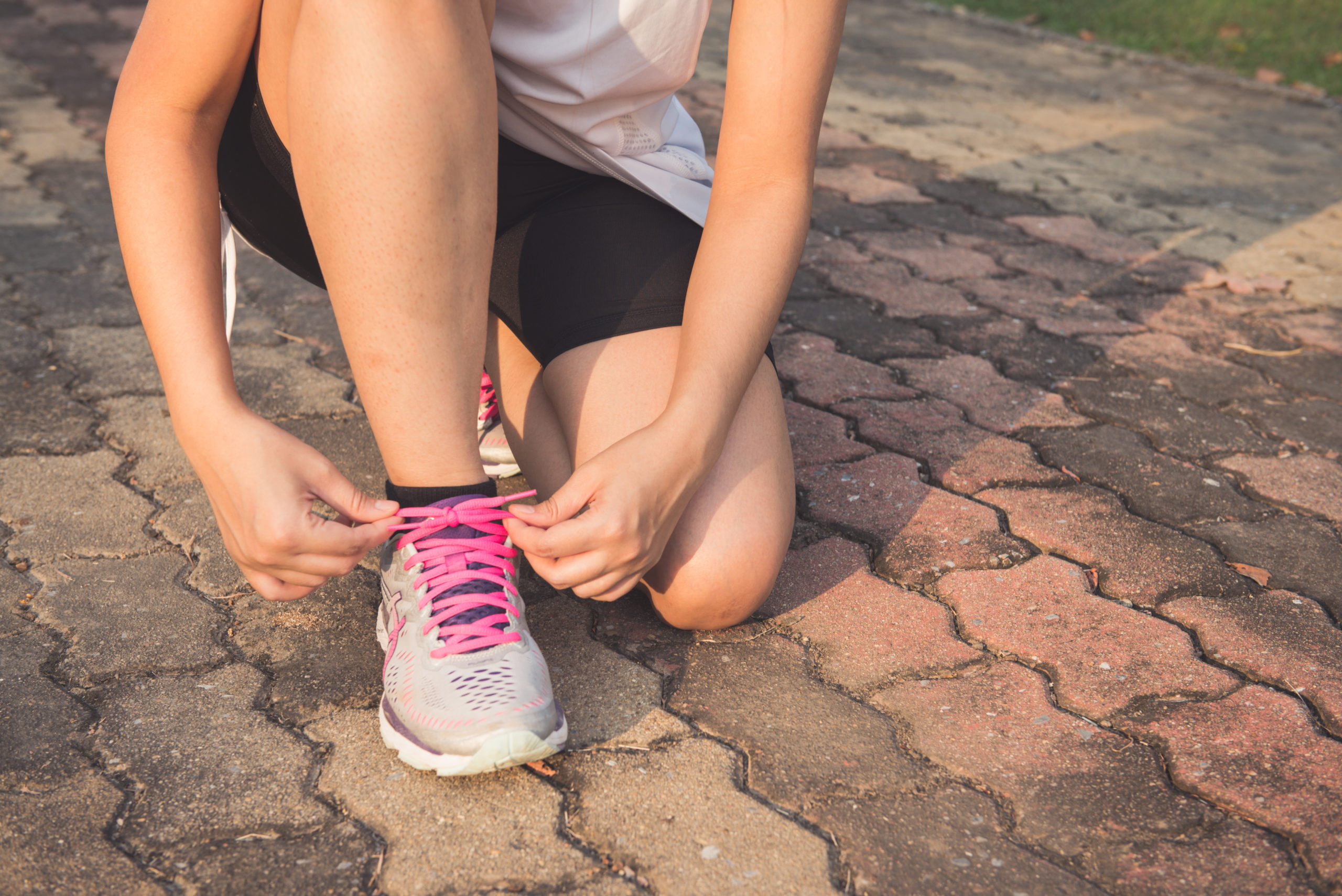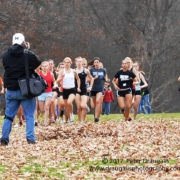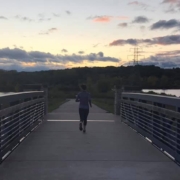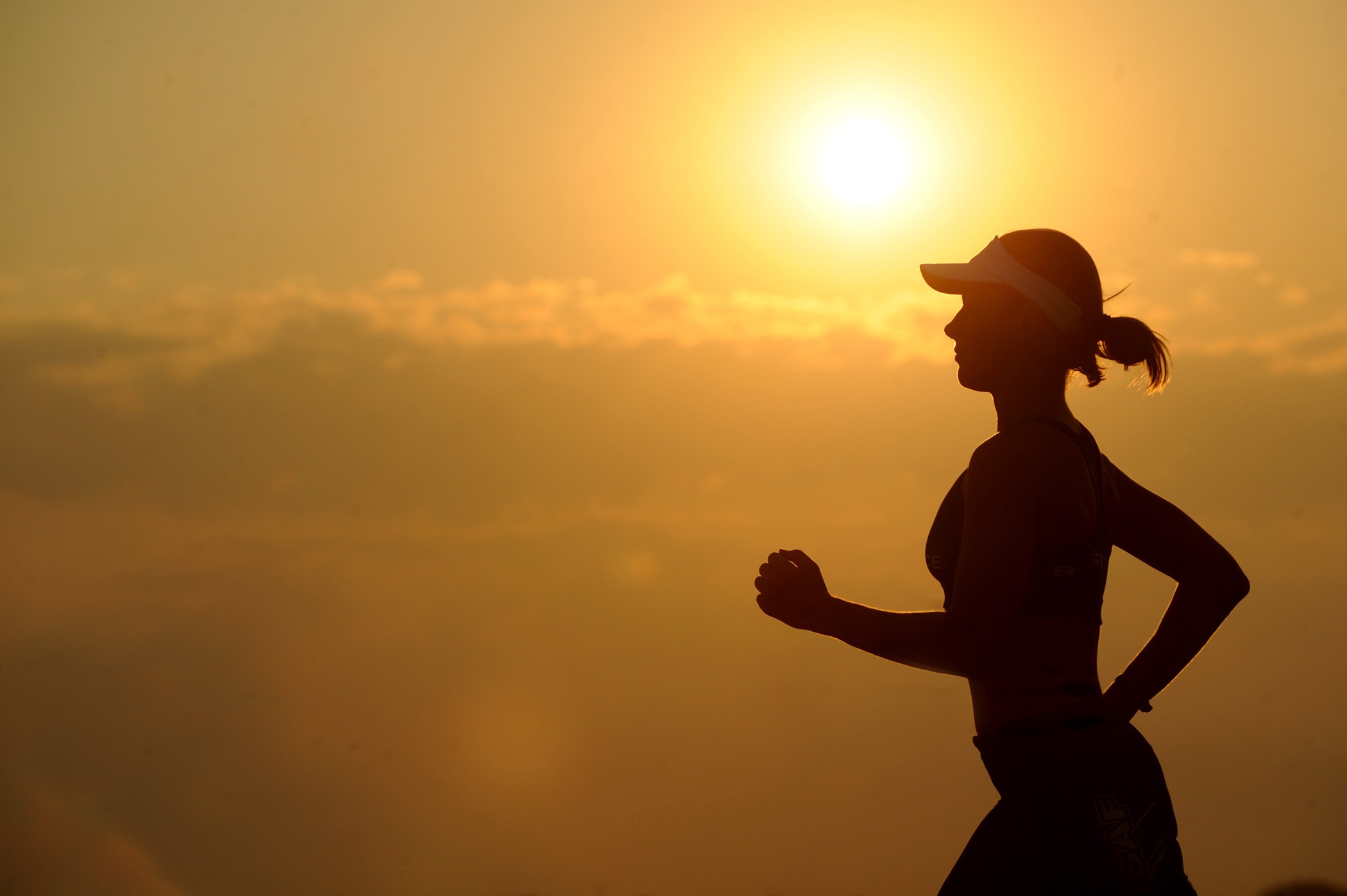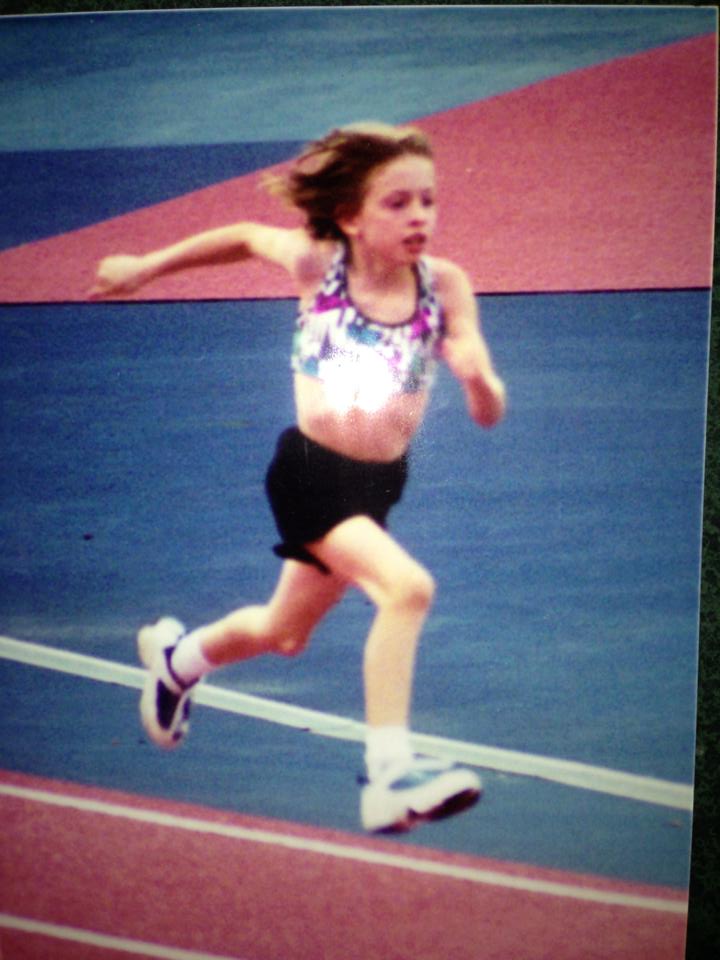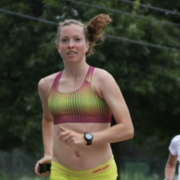Q: Even though running was your primary goal, when it became evident that the diet was detrimental to running it still pulled you back in. Why do you think it still gripped you even when you knew it wasn’t the direction you wanted to go?
One word: Fear.
When I noticed any detrimental effects on the raw food diet (especially the fruit-focused diet), I felt that I “just wasn’t it doing it right.” I was deeply invested in what I had learned about raw food and its connection to weight loss. I believed that “just eating normally” again would be to ignore “science” and gain weight.
Little did I know how much misinformation I had absorbed. I was following many fruitarians who claimed that the food pyramid was government propaganda and that the fantastic results I was seeing from a select few fruitarians mattered more than working with a registered dietitian. I felt that the world of raw food was something new and exciting I had uncovered and that this alone held the truth to health and success.
I also thought that cooked food would only cause me to binge more. I was afraid of my own appetite, afraid of how “out-of-control” I would feel if I ate any cooked food. And after months of reading from what I thought to be credible sources that protein would “leach the calcium from your bones,” and that eating “cow pus” and “animal carcass” was supposedly “immoral,” I was scared to stop being vegan.
I thought I was meant for this raw food diet. I thought I had more discipline than anyone else, that this was something my competitors could not and would not ever do (I guess I was partly right, haha–very few people would want to do this). After years of toiling away at running, after working so hard, and watching other athletes make it to the top without me, I became frustrated. Why wasn’t my body doing what I wanted it to do? Why, after all the discipline, strength training, high mileage, and eating healthy (or what I thought was healthy), why wasn’t it working?
Restriction–and raw food, at that–was what I believed (at the time) would help me to achieve success at last.
Once I realized that fruit probably wasn’t everything I had thought it to be, it still took weeks for me to “allow” myself to eat cooked food. I can’t pinpoint exactly what it was that made it so long and difficult to make this change, especially since I was bingeing on the very foods I was scared to incorporate into a regular diet. But even when I did make the change back to cooked food, it was a long, slow process (to be detailed in the Running in Silence book). If I thought raw food was the bulk of the journey, I was mistaken.
I was now facing my fear head-on. Yes, I was dealing with an eating disorder. Yes, I would be eating cooked food again. Yes, I had to learn to overcome the bingeing, learn how to eat properly again, learn to be okay with eating (tasty) cooked food.
I had fallen so fast and hard into the raw food eating disorder that I forgot how and what to eat anymore, and I had to act fast–with three or more meals a day and all the running and racing I was doing for my team, I had to learn to eat to fuel my body properly. I had to do things I never would have thought I would ever do again. I had to fight against every rule I had ingrained in my brain for the past few years, grit my teeth, and move past them.
If I wanted a good relationship with food again, I had to face my fears.
Update: Original title was The Power of Fear

